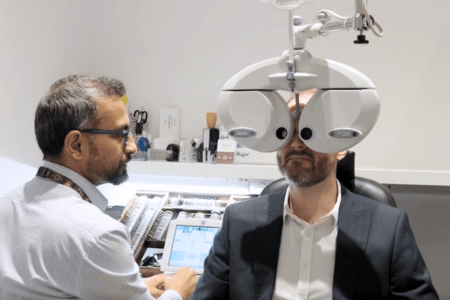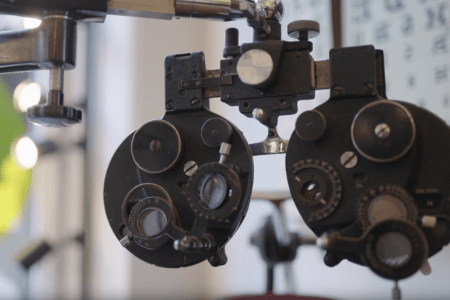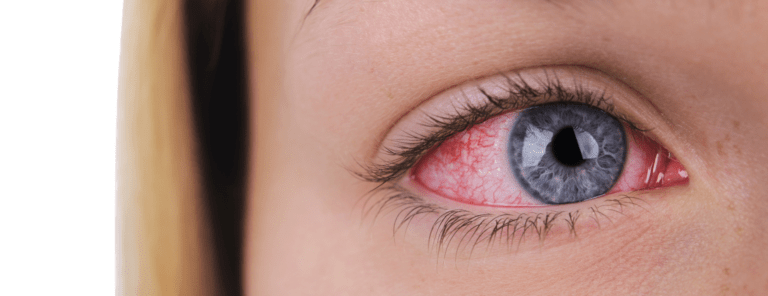
Cataract is the term used to describe clouding of the lens inside the eye; this leads to a gradual decrease in vision.
The lens is predominately comprised of water and protein, structured in such a way as to keep the lens clear, allow light through. Over time, protein can cluster within the lens, and start to form cloudy areas that obstruct light from passing through and prevent it from becoming focused onto the back of the eye – resulting in visual loss.
The effect of this is that we need more light in order to see as we get older, and that objects generally start appearing a little hazier. As we age, the likelihood of having cataracts increases, especially in people over 65 years of age.
SYMPTOMS OF CATARACTS
- Difficulty in appreciating colours and changes in contrast
- Difficulty driving (especially at night), reading and recognising faces
- Difficulty coping with glare from bright lights.
- Requiring frequent changes to the prescription of your glasses or contact lenses.
If you are experiencing the above symptoms, consult your optometrist – because other conditions may also cause similar symptoms.
We recommend regular eye tests to determine if your eyesight is deteriorating. People are often diagnosed with a cataract during a routine eye test without having any symptoms. This is due to the fact that lens change occur only gradually, over a period of many years.
RISK FACTORS
Besides advancing age, other risk factors associated with cataract development include:
- UV radiation from sunlight and other sources
- Diabetes
- Hypertension
- Obesity
- Smoking
- Prolonged use of corticosteroid medications
- Statin medicines used to reduce cholesterol
- Previous eye injury, inflammation or surgery
- Hormone replacement therapy
- Significant alcohol consumption
- Family history
TREATMENT OF CATARACTS
In the early stages, you may improve your vision by wearing new glasses, using suitable lighting, and trying magnification and other visual aids, though the benefit may be short-lived.
Cataracts are progressive and will continue to worsen, requiring other means of treatment. Many people think of poor vision as an inevitable part of ageing, but cataract surgery is actually a simple and relatively painless procedure that restores vision.
Consider having surgery when things reach a point where your cataracts interfere with daily life. If you choose to have surgery, a short surgical procedure to replace the opaque natural lens with a clear artificial lens can be performed, and your vision should be expected to improve immediately. The surgery can even be performed as a day case, with only sedation and local anaesthesia.
People can also use the procedure to reduce or change their spectacle prescription at the same time, which can be a valuable bonus.
LOOK AFTER YOUR EYES
An eye examination is a vital health check and should be part of everyone’s regular health care.
BOOK AN APPOINTMENT
If you have any concerns about the health of your eyes, please call Whitby & Co. Optician on +44 20 7353 4455 to arrange an appointment. Alternatively, you can make an appointment online.





